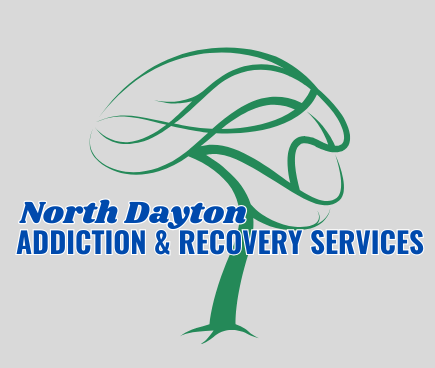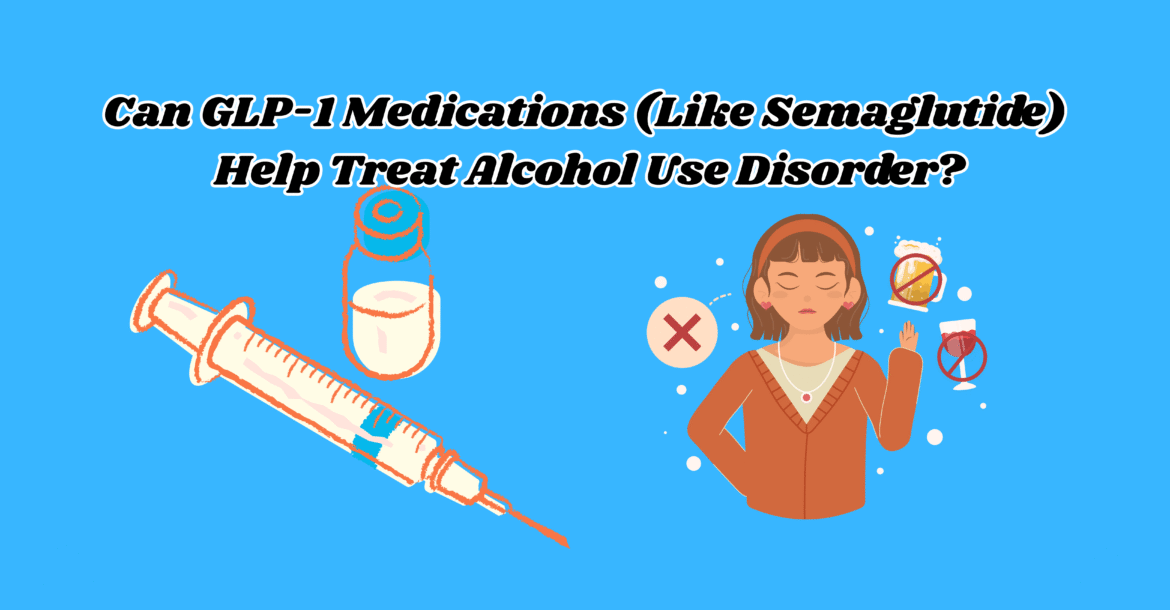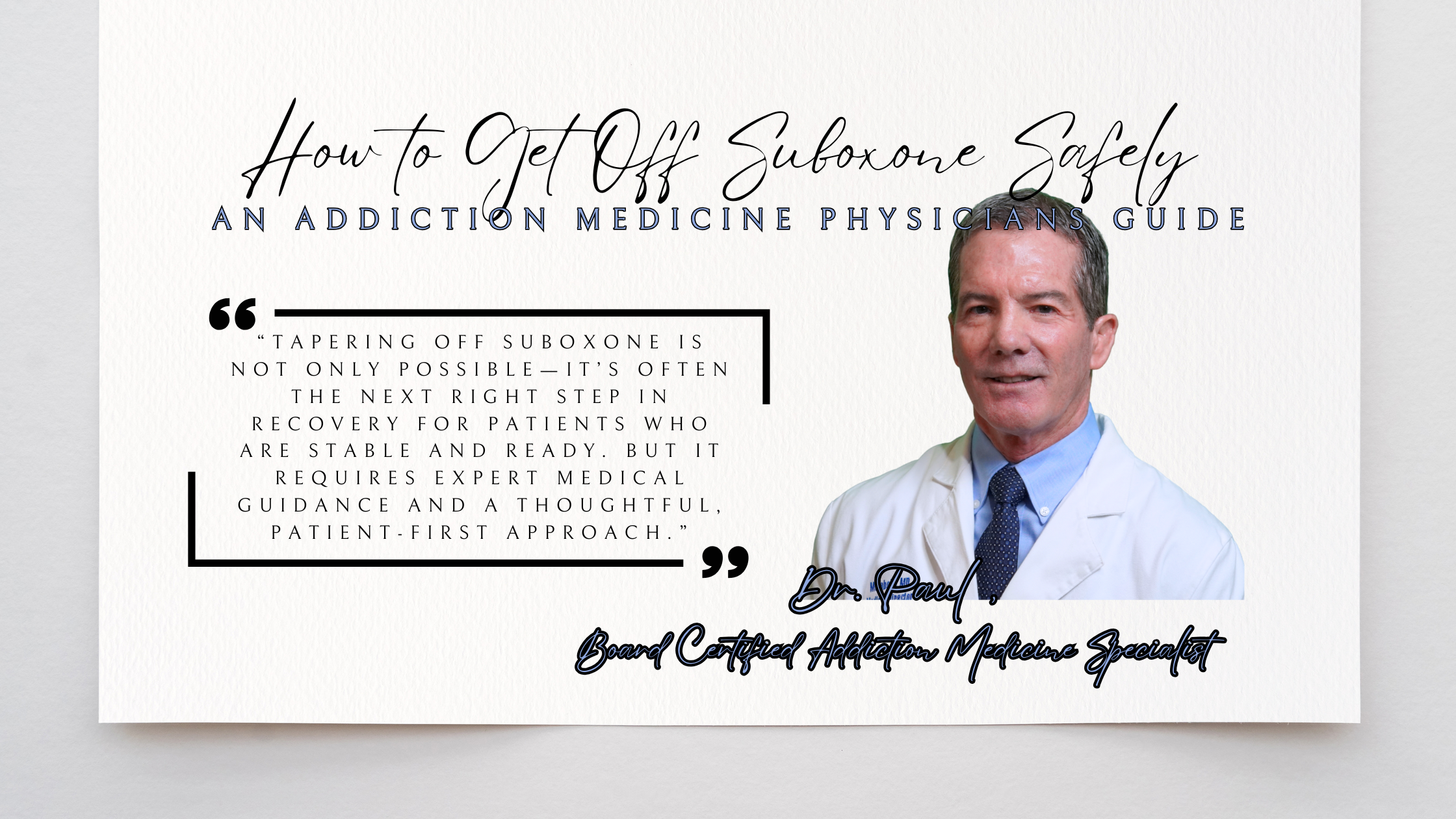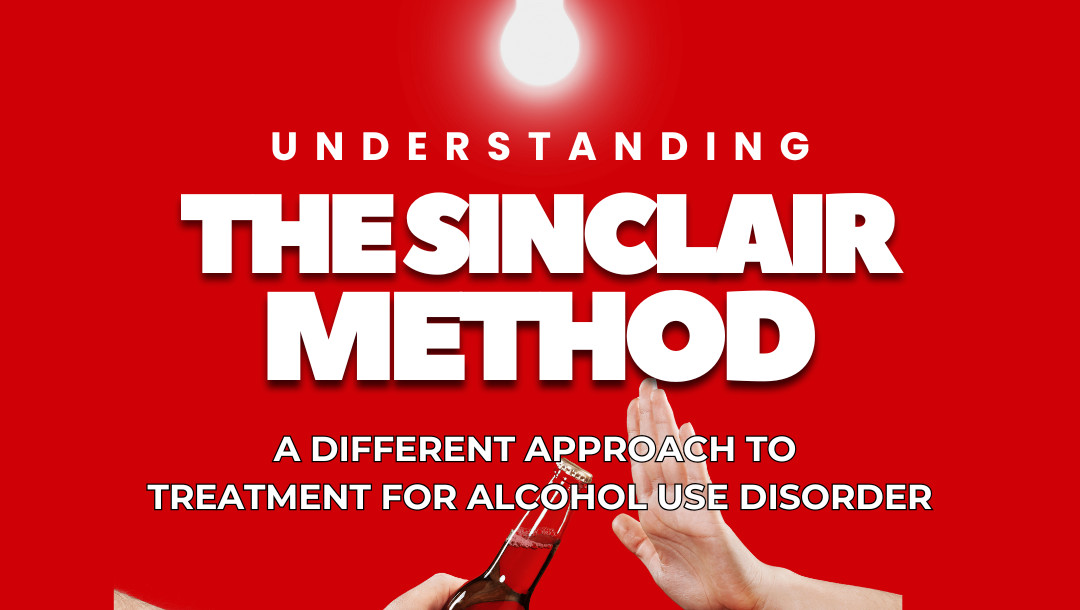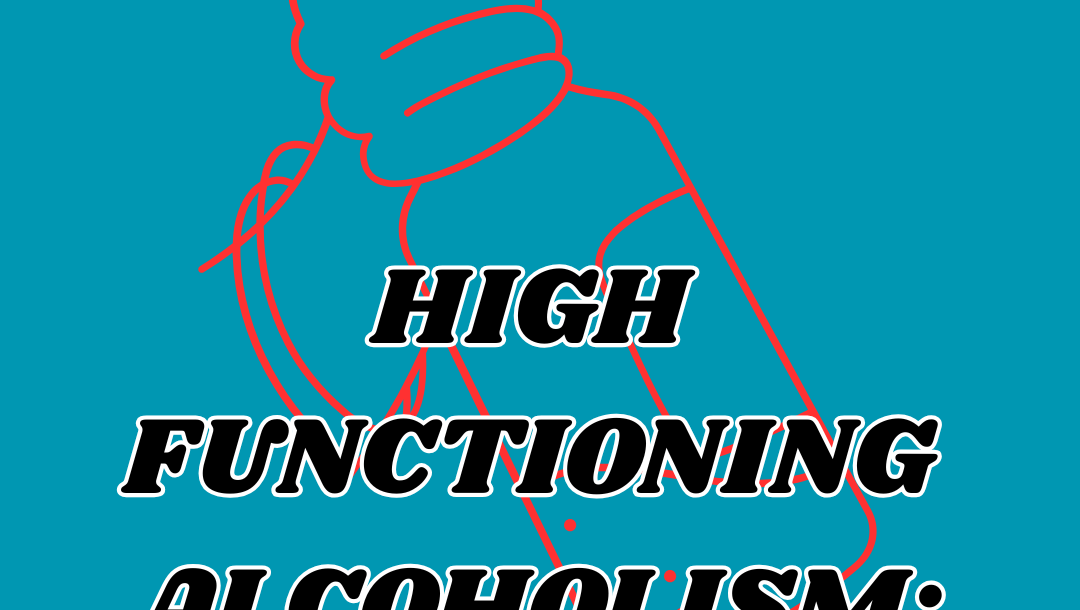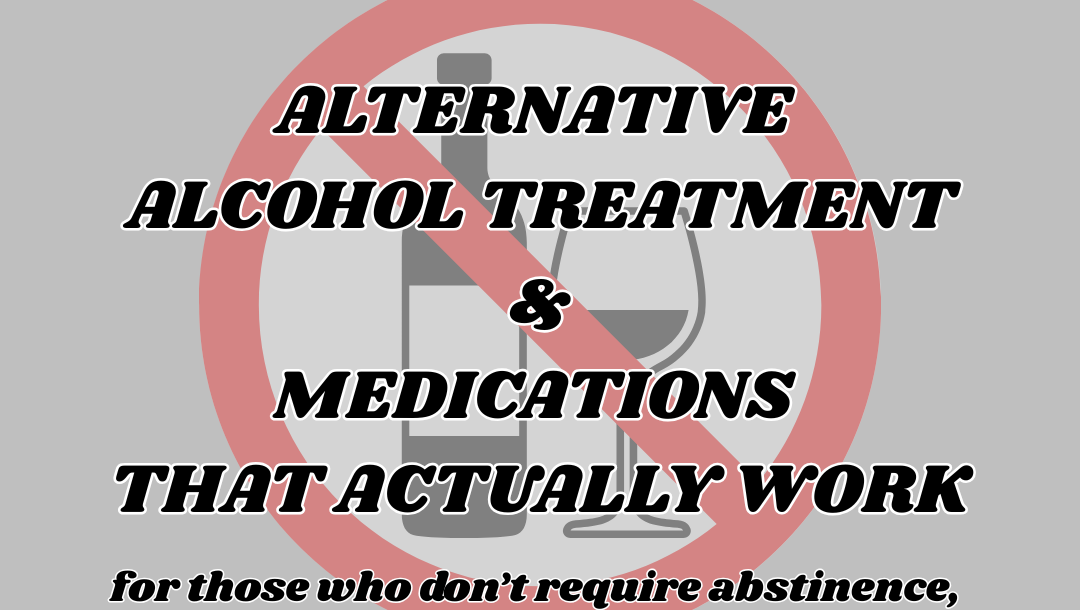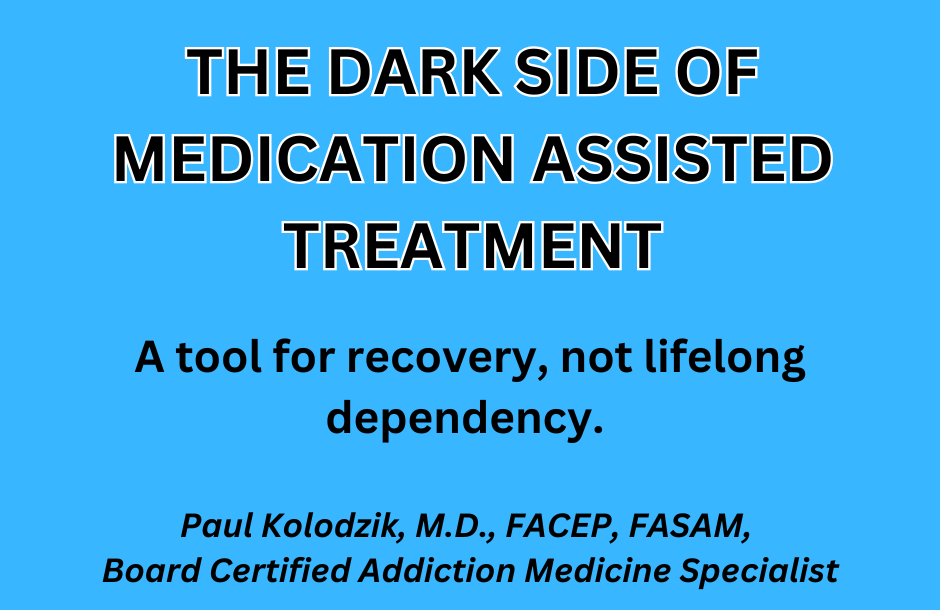GLP-1 agonists act on the mesolimbic reward system, particularly the nucleus accumbens and ventral tegmental area, both of which are central to the development and maintenance of addiction.
These medications are thought to: Reduce the dopaminergic reward from alcohol, Increase impulse control
Diminish cue-triggered cravings (e.g., social drinking triggers), Improve blood glucose regulation, which may stabilize mood and reduce triggers for alcohol use.
